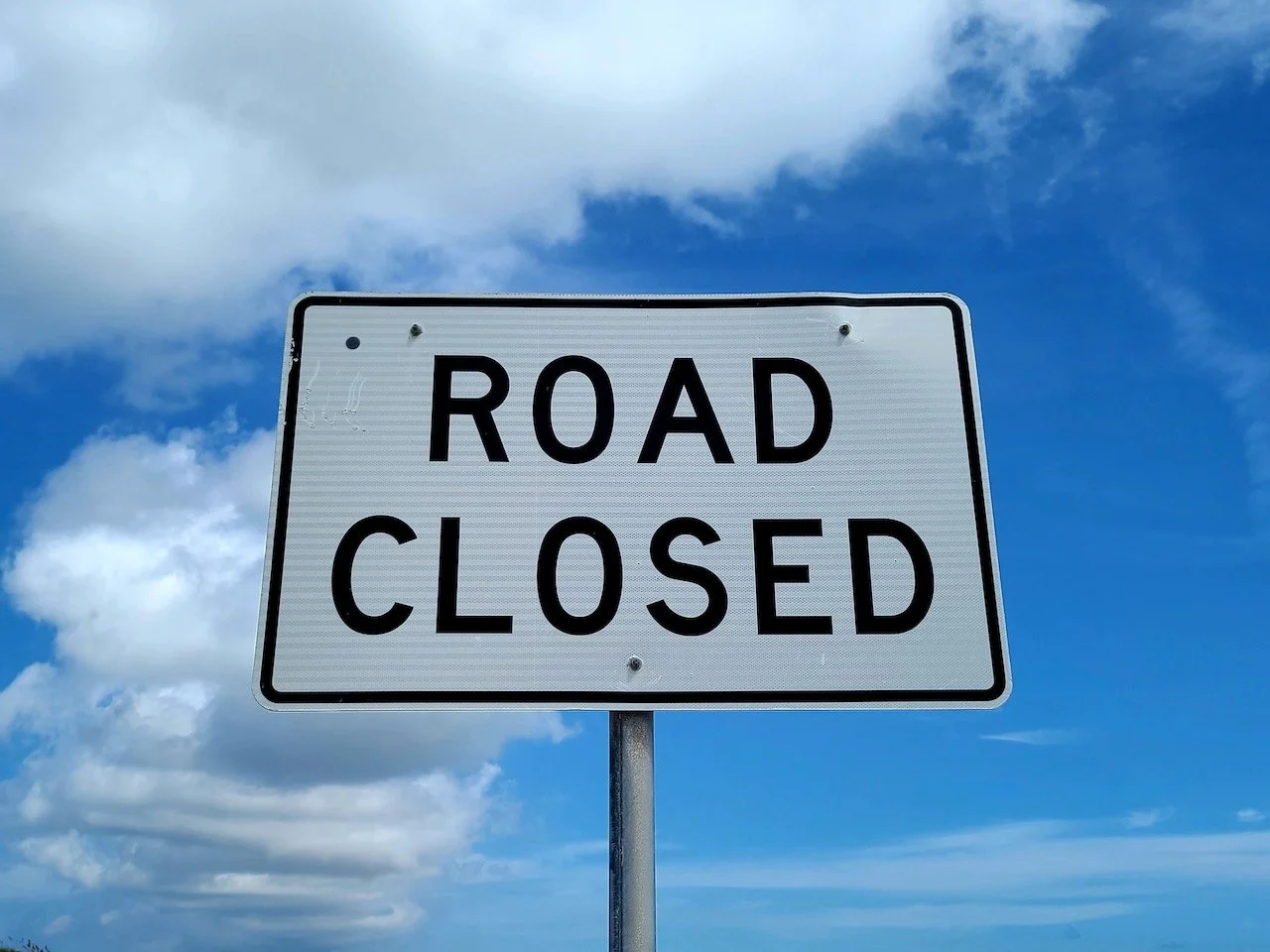As we witness the impact that devastating hurricanes can have on the people in our world, we are all left realizing there are things outside of our control. And while our own challenges may not be as catastrophic, every day there is the possibility that we will run into a roadblock at work or at home that we wish wouldn’t have happened. Someone missed a deadline. An extra charge on our credit card because we forgot to cancel or opt out of something. An illness. Or at times, the force of nature.
If you are at all like me, you might resist or resent some of these happenings. You may get frustrated or angry. You may even shift into a victim mindset and look for someone to blame, thinking “this isn’t fair”. And it may affect your mood and other areas of your life.
If so, we need to find a way to do better, since one thing is certain: life’s challenges are going to keep on coming.
The Problem with Resistance and Resentment
When things don’t go our way (which is bound to happen at times), it often feels like it is happening to us. It feels personal as it affects our world. The perception of an unfair situation often triggers us, and if we aren’t mindful, we can resist it or lash out at it. This looks like anger, blame, wishing things were otherwise, avoidance, etc. And if it was our own mistake, it looks like self-criticism.
The problem with all of this is that it burns up vital energy. Negative emotions drain us. Resistance leaves us stuck. Resentment, blame and guilt create conflict with others or ourselves. We need to recognize that we are all doing our best and that at times, we mess up or things just happen.
Radical Acceptance Frees Us
While there are a variety of definitions for this term, for me the term radical acceptance means that we fully (and I mean fully, with no hint of resistance or resentment) accept reality as it is.
The proposal wasn’t submitted in time. Someone else got the promotion. You forgot to cancel something. You have a diagnosis and are now dealing with an illness.
This is hard. You can feel the weight behind each of these and you can feel how resistance would quickly come in.
But the way out is through, with complete and total acceptance. Why? Radical acceptance doesn’t waste any energy on blame, guilt or wishing things weren’t so. It brings you fully into the moment. There is no one to fight. We can’t change the past, but we can make the best of our current situation. So, we quickly move to “Now, what can I do with this?!”
Three Tips to Foster Radical Acceptance
Say “Good!” to Whatever Happens. Jocko Willink is an ex-Navy SEAL and he is as tough as nails. In his book Discipline Equals Freedom, he describes how he trained his mind to fully accept reality. He does this by saying “Good!” to whatever happens. Someone else got the promotion? “Good, more time to focus on building the skills I need.” We missed the proposal deadline? “Good, this gives us a reason to review our systems and processes and improve them for the future.” You get the idea.
My own experience is that this simple phrase can powerfully shift my mindset. Particularly for the more minor setbacks. And it forces me to work more diligently on my thinking when life's challenges get bigger.Seize Accountability. This is another empowering shift in orientation, taken from Jocko and his co-author Leif Babin in their book Extreme Ownership. Rather than look for someone (anyone!) to blame when things go wrong, the more empowering approach is to run towards accountability. This takes humility and requires us to ask ourselves “What role did I play in all of this?” Or reminding ourselves that we chose to be in our roles and relationships in some way, so “How can I play my role well?”
And when there is absolutely nothing you could have done and a random event tags you, how can you seize accountability for how you will respond now?Practice Being Fully Present. A lot of our reactions to things not going our way are unconscious. We react without being aware of it. We get lost catastrophizing about imagined futures. Being fully present means we are aware of our thoughts, emotions, the tension in our body, the victim language we lapse into, etc. The opposite is running on Autopilot. Once we are present and aware, we can ask better questions, take ownership again and look for better choices - here, now.
How About You?
Where could you practice radical acceptance? Where could you say “Good!” to what is? Where could you seize accountability? Where do you need to be more present, more aware and less reactive? How about in your relationships – is there anyone you need to radically accept for who they are, rather than resisting or resenting them? This doesn’t mean condoning poor behaviour or lowering your standards. It simply means fully accepting the people in your life for who they are, where they are at, and shifting your mindset to one that is more empowering.
These tools and ideas are part of the 4-Week Mindfulness and Resiliency Program and are also part of a new webinar on Developing Your Leadership Presence. To learn more, check out the Webinars and Lunch ‘n Learn page on my website or reach out to me directly at scott@mindfulwisdom.ca.

